16 Aug Becoming Bulletproof
Injury is often an accepted norm for multi-sport athletes. The catabolic nature of pursuing only endurance is well documented, however, the time pressed nature of most triathletes, runners and cyclists determines that more often than not, some key practices are often neglected in the pursuit of greater performance.
Here’s 8 principles and practices that will help you stay consistent, motivated and most importantly, make great progress.

Tribal elder Hal Cross climbing strongly
- Develop your daily self-care program.
Tribal athletes follow a dailies program of self-care exercises that grease joints, improve tissue quality, hydrate and balance the body so that you feel at your best day in and day out.
- Cultivate Strength.
A pathway to greater strength is the priority for moving away from injury. When your strength is up, every movement you make becomes that much easier.
- Practice form dependence.
Pushing beyond your capacity so you are unable to move with efficiency is a great way of getting injured, slowly increase the window that you are able to move well within and 90% of the time, stop what you are doing before you are on the ragged edge.
- Use the break through principle.
The break through principle is an acceptance that 80% of the time you are not really going to feel like moving into a session, during these periods, stay within yourself rather than pushing hard, wait for the 20% of sessions to ask the question and reach for personal best performances.
- Recover adequately.
Be active about your recovery, look for ways to assist the healing your body needs between sessions, some of are favourites include taking an epsom salts bath and afternoon napping.
- Practice 6 R’s of Recovery Nutrition.
- Rehydrate with clean water and real unrefined salt.
- Replenish glycogen with safe starches.
- Rebalance pH with an abundance of colourful veggies.
- Rebuild muscle with adequate protein.
- Reduce inflammation with healthful fats.
- Reseal the gut with pre & probiotics.
- Practice, don’t train.
The word training implies that the exercise or task is going to be arduous and you can’t wait for the pain to be over, thoughts are probably flowing to how long you have left rather than what you can do better in the moment, when you practice you become invested in completing the task with more efficiency and accomplishment rather than just getting it done.
- Gradually increase your work capacity.
Nothing worthwhile is created with shortcuts, take a long-term approach to holistic athlete development by taking small steps to increase your work capacity, this, along with adequate recovery will help you to make great progress rather than be frustrated by nagging ailments and injury.
Paul



Sorry, the comment form is closed at this time.